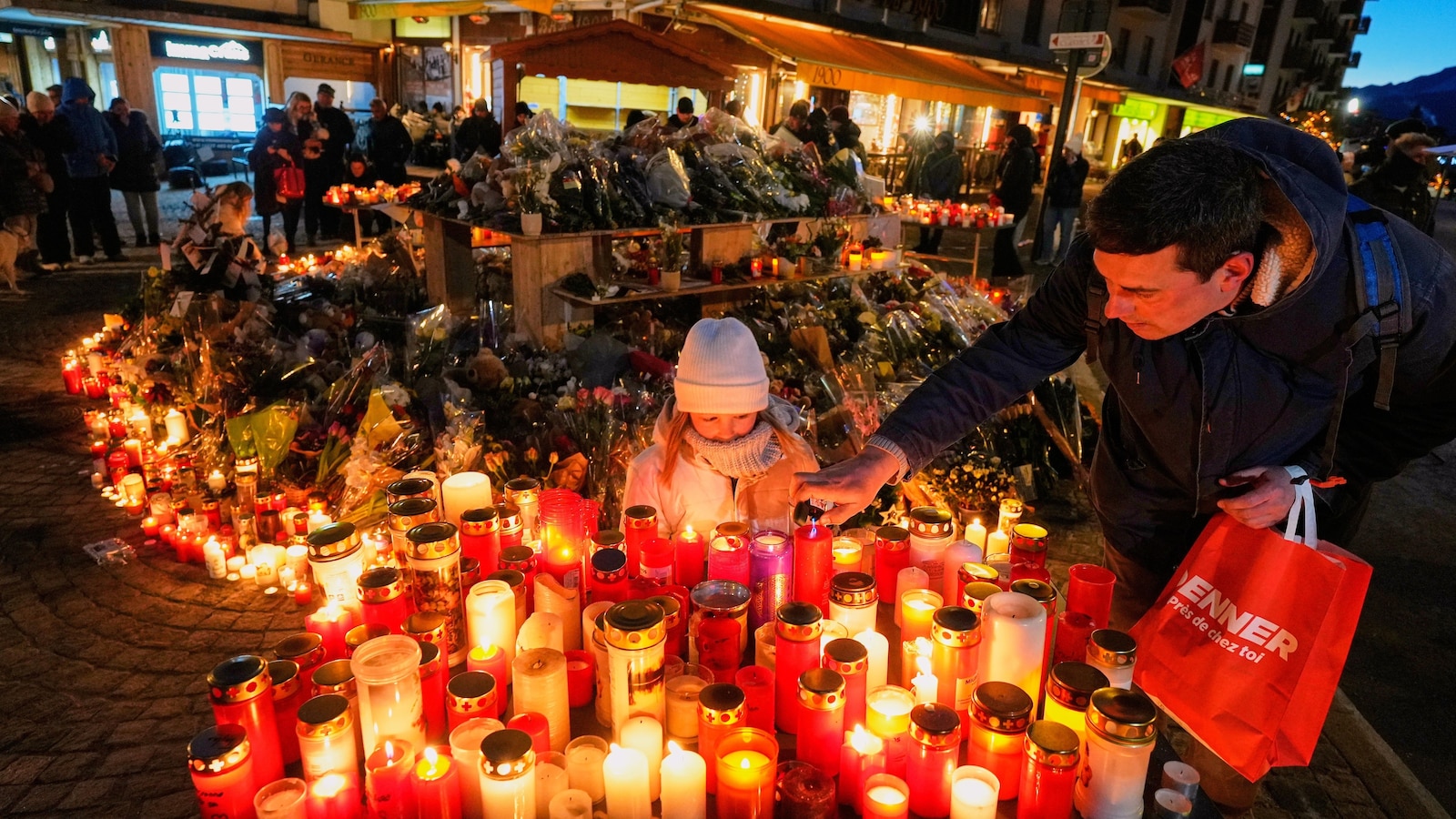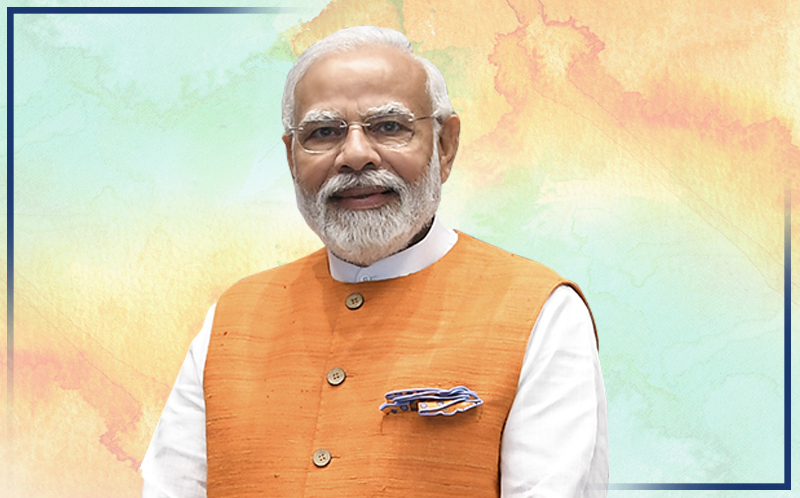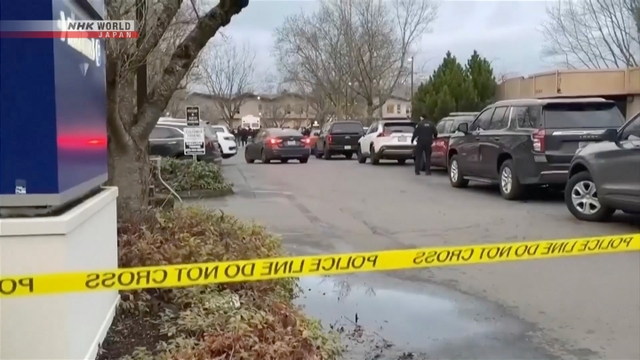Around 40 people are dead and 116 seriously injured after a fire tore through the “Le Constellation” bar in the Swiss ski resort of Crans-Montana in southern…
Category: 2. World
-

Crans-Montana tragedy: ‘Our hearts go out to you’, say Swiss Abroad
Around 40 people are dead and 116 seriously injured after a fire tore through the “Le Constellation” bar in the Swiss ski resort of Crans-Montana in southern… -

Switzerland honors victims of deadly Alpine bar fire in national day of mourning
MARTIGNY, Switzerland — Switzerland will hold a memorial service Friday, part of a national day of mourning to honor the 40 people who were killed in an Alpine bar fire earlier this month during a New Year’s celebration.
An additional 116 people…
Continue Reading
-
Important UK immigration changes 2026 – Blake Morgan
- Important UK immigration changes 2026 Blake Morgan
- UK tightens visa rules with higher English language requirements HR Magazine
- What’s Happening In UK Immigration Law In 2026? – Work Visas – United Kingdom Mondaq
- Increased English language…
Continue Reading
-
Iraq’s First Lady condemns attacks in Aleppo [EN/AR/KU] – ReliefWeb
- Iraq’s First Lady condemns attacks in Aleppo [EN/AR/KU] ReliefWeb
- Saudi FM receives telephone call from Iraqi counterpart Arab News
- Baghdad Warns of the Implications of Aleppo Events on Iraq and Calls for an End to Violence and Support for…
Continue Reading
-
When an Afghan mountain came down – ReliefWeb
- When an Afghan mountain came down ReliefWeb
- UNICEF: We Are Supporting Families Affected by Afghanistan’s Earthquakes 8am.media
- Earthquake Survivors in Eastern Afghanistan Sleep in Freezing Temperatures, Says UNICEF KabulNow
- UNICEF: Families Who…
Continue Reading
-
Russia says it fired its Oreshnik hypersonic missile at Ukraine – Reuters
- Russia says it fired its Oreshnik hypersonic missile at Ukraine Reuters
- Oreshnik ballistic missile fired in fresh strikes on Ukraine BBC
- Russia fires hypersonic Oreshnik missile near Ukraine’s EU border Dawn
- Russia Says It Used Nuclear-Capable…
Continue Reading
-

PM to visit Gujarat from 10-12 January
PM to participate in Omkar Mantra chanting at Somnath temple on 10 January
PM to participate in Somnath Swabhiman Parv on 11 January
PM to inaugurate Vibrant Gujarat Regional Conference for Kutch and Saurashtra region at Rajkot on 11 January
PM…
Continue Reading
-
Trump Sits Down With Times Reporters for Two-Hour Interview – The New York Times
- Trump Sits Down With Times Reporters for Two-Hour Interview The New York Times
- Trump says he doesn’t need international law amid aggressive US policies Al Jazeera
- Trump Lays Out a Vision of Power Restrained Only by ‘My Own Morality’ The…
Continue Reading
-
An Interview With the President – The New York Times
- An Interview With the President The New York Times
- Trump Lays Out a Vision of Power Restrained Only by ‘My Own Morality’ The New York Times
- Trump says he doesn’t need international law amid aggressive US policies Al Jazeera
- ‘My morality,…
Continue Reading
-

Shooting involving US federal agents leaves two injured
Police in the western US state of Oregon say two people have been injured in a shooting involving federal agents.
They said officers responded to a…
Continue Reading